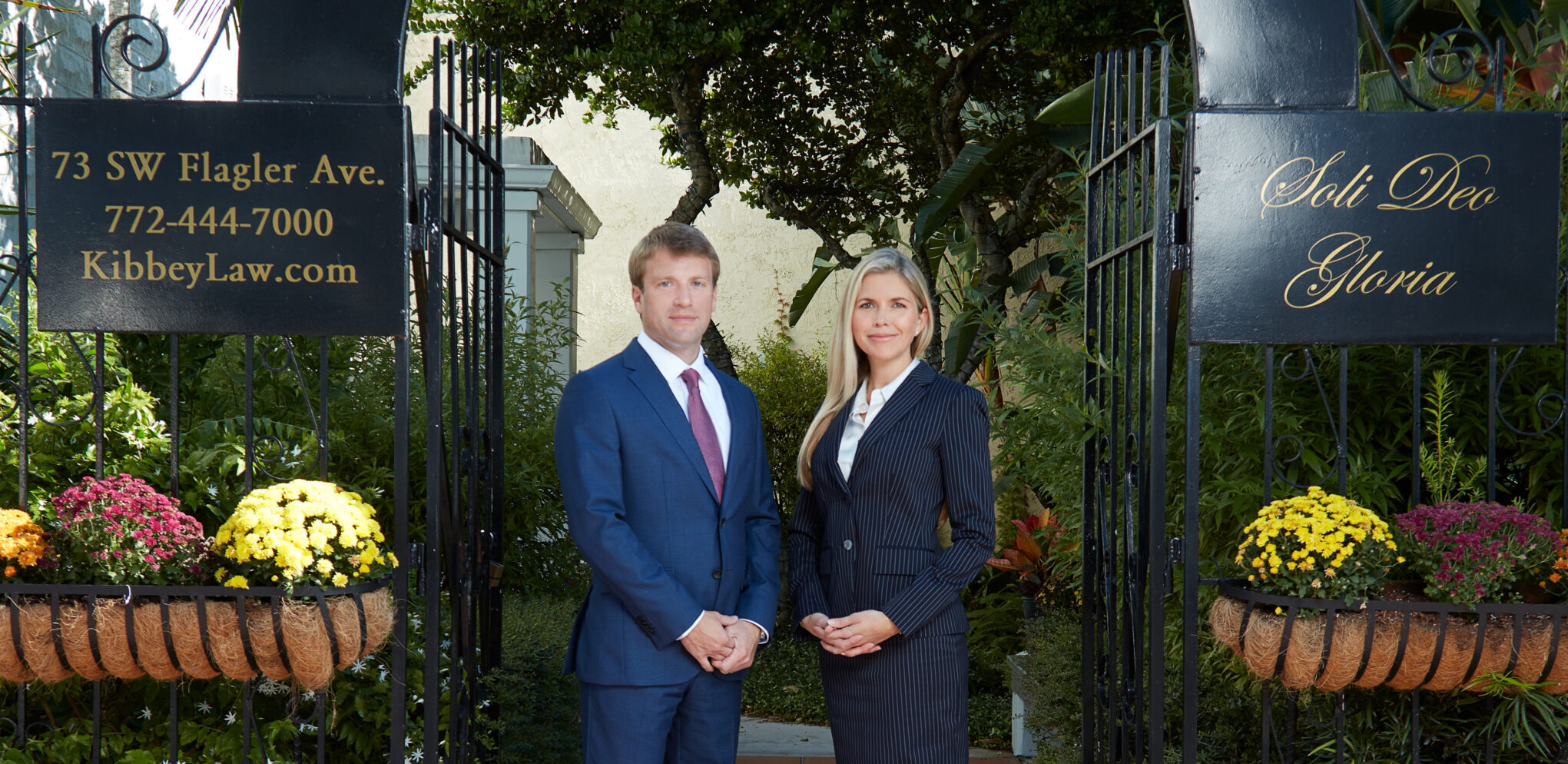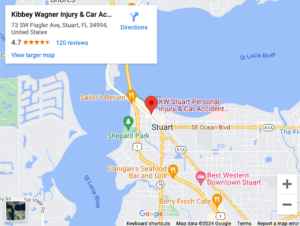
A contingency fee is the payment calculation method most favored by personal injury lawyers. From a client’s point of view, it is superior to the standard “hourly rate” method used by lawyers in most other practice areas of law. The most important advantage of the contingency fee system is that it makes legal services available to anyone with a strong claim, regardless of the contents of their wallet.
The Initial Consultation
An initial consultation with a lawyer in most practice areas of law is expensive. If the consultation stretches on for even as long as an hour, you could be out hundreds of dollars even if you decide not to hire the lawyer.
It’s different under a contingency fee arrangement — initial consultations are usually free of charge. This is because it is in the lawyer’s interests to screen your claim to see if they have found a “winner.” A large claim with strong evidence can serve as a jackpot for both you and your lawyer.
The Contingency Fee
The “contingency fee” is the percentage of your final recovery that goes to your lawyer as their legal fee. Your final recovery includes economic damages, non-economic damages, and punitive damages (if any).
Typically, a contingency fee hovers near 33%. If the case goes to trial (or a Complaint and Answer are filed), the amount might increase to as much as 40%. This Is because litigation typically takes more work than settlement negotiations.
So what happens if you lose your claim? “Losing your claim” means your total recovery is zero. If you lose, your legal fees will be zero.
Case Expenses
Most claims require someone to pay out-of-pocket case expenses. Typically, personal injury lawyers are prepared to pay these expenses themselves if they believe in your claim. Will you still owe case expenses if you lose? This is an issue for you to negotiate with your lawyer.
If your case is strong, your lawyer will probably agree to “eat” case expenses in the unlikely event of defeat. Some case expenses, such as filing fees or fees for the release of medical records, don’t amount to all that much. Other amounts, such as expert witness fees, can add up quickly. Before you agree to the representation, ask your lawyer to estimate your likely case expenses.
How Will Your Lawyer Calculate Your Contingency Fee?
Your lawyer will calculate your contingency fee based on several factors, including:
- How much money you are likely to win. The more you are likely to win, the lower percentage contingency fee your lawyer is likely to accept.
- How likely you are to win. The greater the risk, the higher the percentage your lawyer is likely to demand.
- Whether you go to trial (few claims do).
- How much time your case is likely to take. Time is money, after all. Complex medical malpractice or product liability claims can be very time-consuming.
The basic principle in operation here is risk vs. reward.
Why Should You Insist on a Contingency Fee Arrangement?
A contingency fee arrangement is almost certainly in your best interests for the following reasons:
- It allows you access to quality legal representation even if you haven’t a dime in your pocket. Since there are no fees due until you win your claim, it is the quality of your claim that matters most.
- It puts you and your lawyer on the same side. If you win, your lawyer wins. If you win big, your lawyer wins big. If you lose, your lawyer loses.
It shouldn’t be difficult to convince your lawyer to charge you on a contingency fee basis. If they refuse to do so, that should be a red flag. Naturally, you should read your fee agreement carefully before signing it.
Payments After Your Personal Injury Claim
After your claim has been resolved, the defendant will send the compensation to your lawyer’s client account.
Your lawyer will then deduct the following amounts, as applicable:
- The lawyer’s legal fees, typically in the neighborhood of 33% of the total.
- Case expenses that your lawyer paid out-of-pocket (see above).
- Any medical lien against your recovery. You might have given your healthcare provider a lien against your personal injury compensation to secure payment of your medical bills.
- Other deductions, depending on the facts of your case.
If the other side refuses to pay after a court judgment or settlement agreement, you will need to take additional legal action to compel payment.
Do You Need a Personal Injury Lawyer?
If you have suffered a significant injury that you believe someone else is responsible for, you will probably benefit from hiring a personal injury lawyer. In most cases, you will come out ahead even after paying your legal fees since many personal injury lawyers triple or even quadruple the compensation that their client receives.
Contact an experienced Stuart personal injury lawyer at (772) 444-7000 if you’ve been injured in an accident in South Florida. Kibbey Wagner Injury & Car Accident Lawyers Stuart offers free initial consultations.

